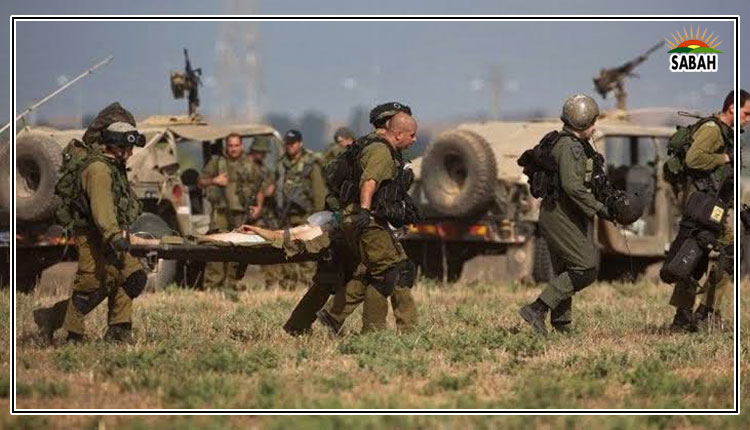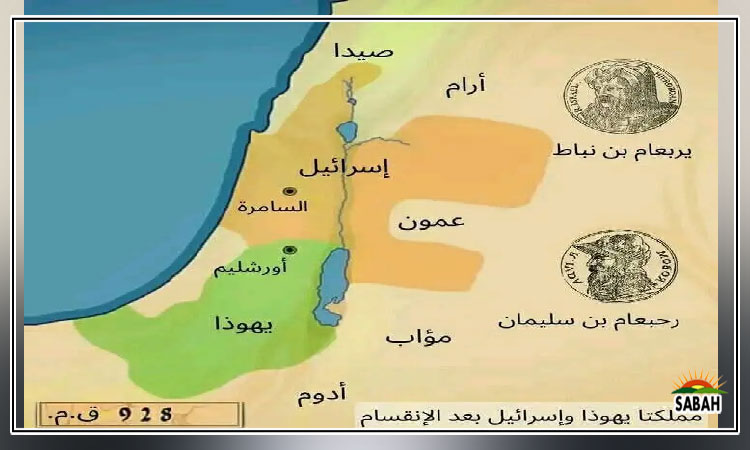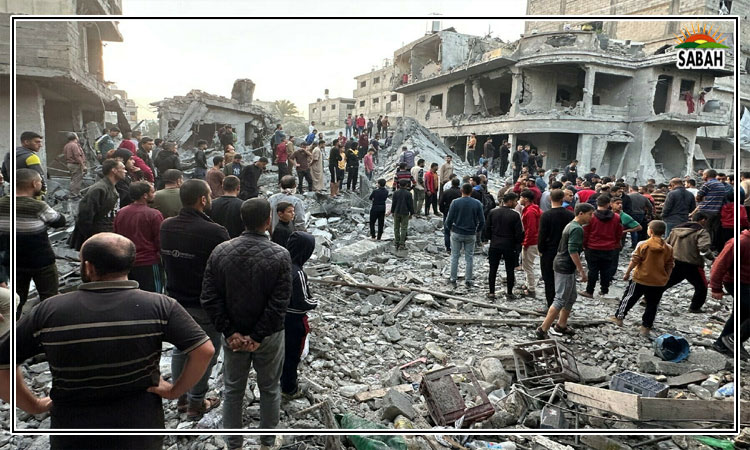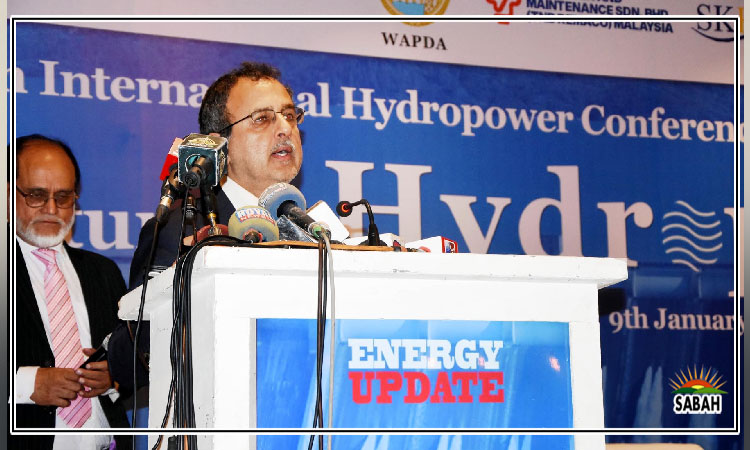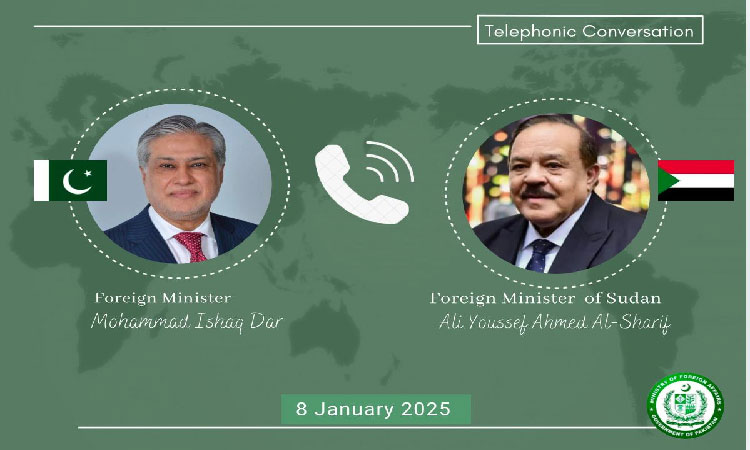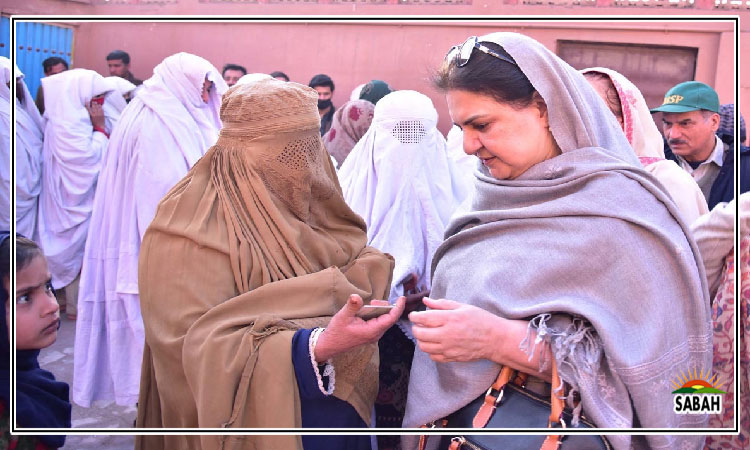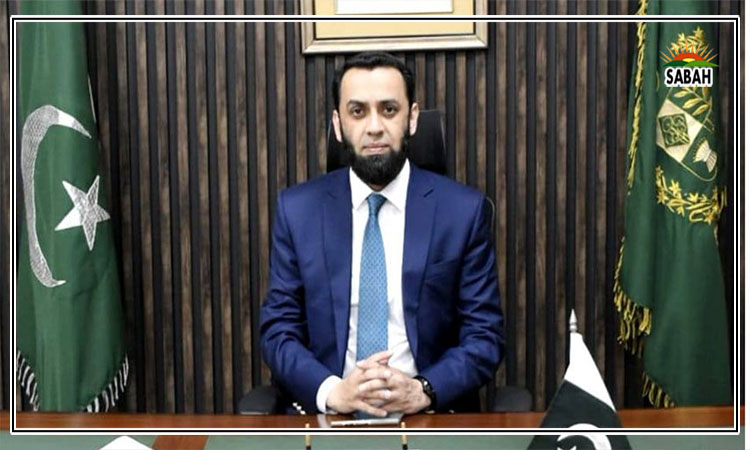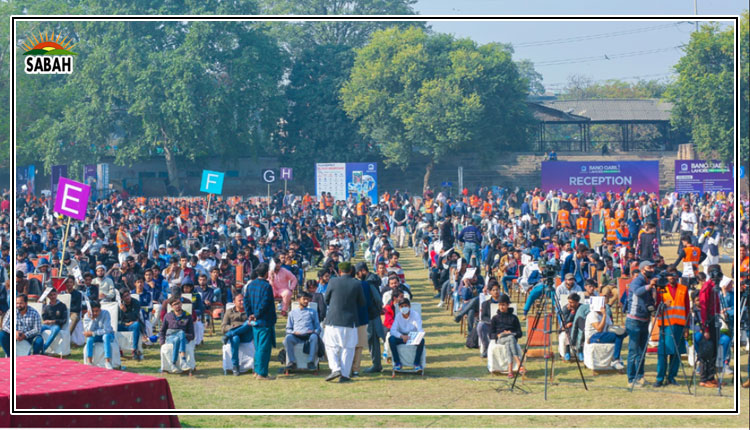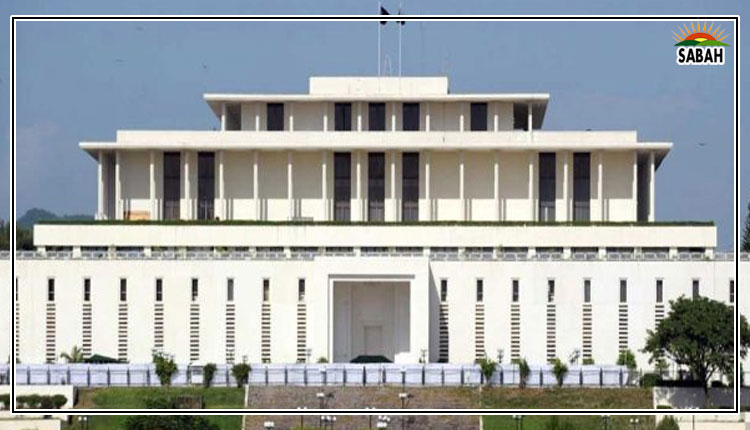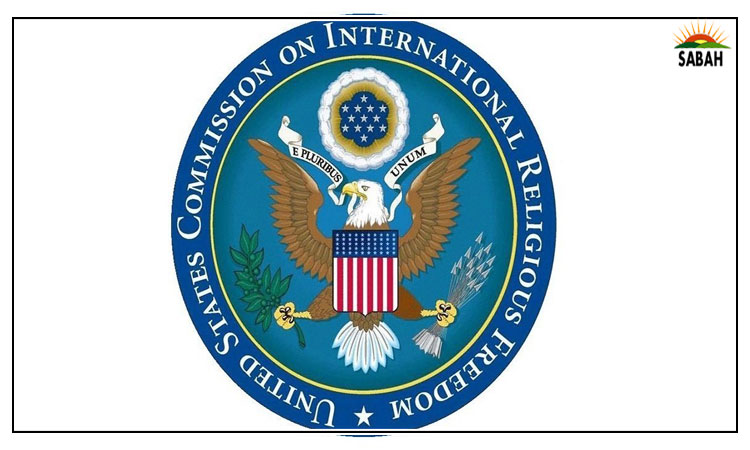Global community must share the outrage felt by USCIRF…Dr. Ghulam Nabi Fai
The Universal Declaration of Human Rights stipulates in Article 18: that “Everyone has the right of freedom of thought, conscience, and religion.”
On October 2, 2024, the United States Commission on International Religious Freedom (USCIRF), released report on ‘India’s Collapsing Religious Freedom Conditions.’
It highlighted how throughout 2024, individuals have been killed, beaten, and lynched by vigilante groups, religious leaders have been arbitrarily arrested, and homes and places of worship have been demolished. It describes the use of misinformation and disinformation, including hate speech, by government officials to incite violent attacks against religious minorities and their places of worship.
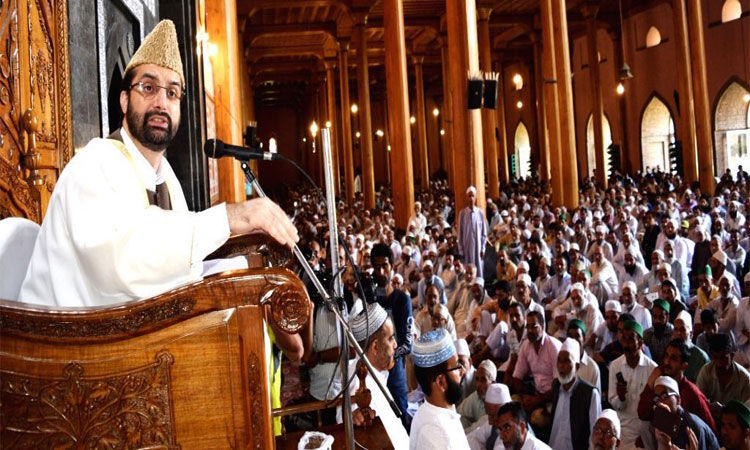
In its 2024 Annual Report, USCIRF recommended that the U.S. Department of State designate India as a “Country of Particular Concern,” or CPC, or engaging in systematic, ongoing and egregious violations of religious freedom. USCIRF also recommended to impose targeted sanctions on individuals and entities responsible for severe violations of religious freedom by freezing those individuals’ assets and/or barring their entry into the United States under human rights-related financial and visa authorities, citing specific religious freedom violations.
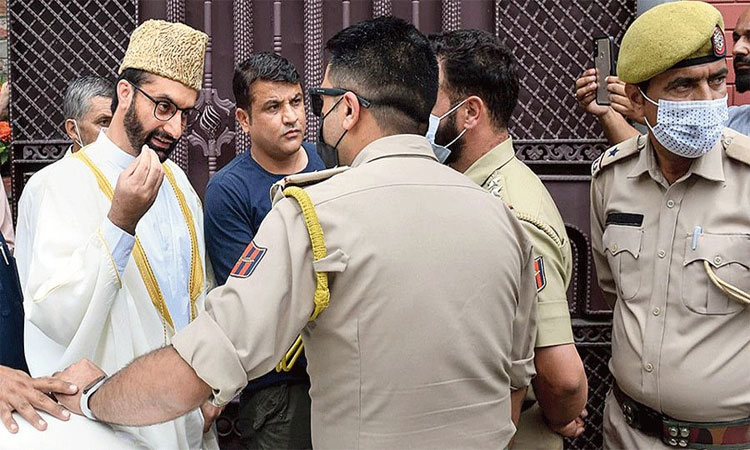
USCIRF added that “Indian authorities continued to detain and harass Kashmiri journalists, religious leaders, and human rights defenders. Journalist Irfan Mehraj was arrested in March for his reporting on marginalized religious minorities…Indian authorities also increasingly engaged in acts of transnational repression targeting religious minorities abroad. In September, Canadian Prime Minister Justin Trudeau alleged Indian authorities’ involvement in the killing of Sikh activist Hardeep Singh Nijjar in Canada, which was followed by a plot to kill Gurpatwant Singh Pannun in the United States in November.”
This is a significant step taken by USCIRF towards greater international recognition of the serious abuses committed against minorities in India and against the people of Kashmir at the hands of BJP/RSS led government. This report took the veil of secrecy off of India’s crimes against humanity. Perhaps now the global community, including Biden Administration can share the outrage felt by the people of Kashmir.
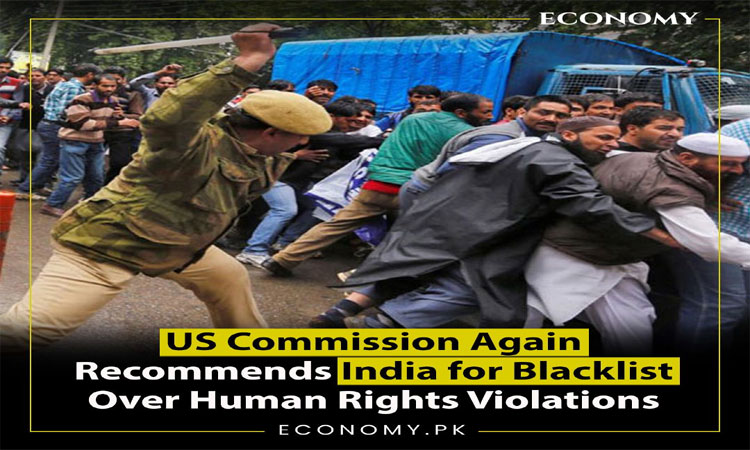
Meanwhile, the ‘United Nations Committee on Human Rights’ reported on July 16, 2024, in Geneva that “The Jammu and Kashmir Public Safety Act allowed for detention without charge for up to two years, without family visits. Extensive power had been granted to executive bodies to investigate and seize property based on suspicions of terrorist activities. It seemed that non-derogable rights were being violated by counter-terrorism laws…Over 800 persons belonging to religious minorities had been arrested under the Jammu and Kashmir Public Security Act. The Committee was concerned that some provisions of the Armed Forces (Special Powers) Acts and counter-terrorism legislation are not in compliance with the Covenant.”
Professor Nazila Ghanea, the United Nations Special Rapporteur on freedom of religion or belief and Professor of International Human Rights at University of Oxford said that, :Regrettably, in 2023—37 years after the establishment of my mandate, 42 years after the adoption of the 1981 United Nations Declaration on the Elimination of All Forms of Intolerance and of Discrimination Based on Religion or Belief, and 75 years after the proclamation of the Universal Declaration of Human Rights, which enshrined the rights to freedom of religion or belief as well as non-discrimination on that basis, the landscape of freedom of religion or belief in the world remains very challenging.
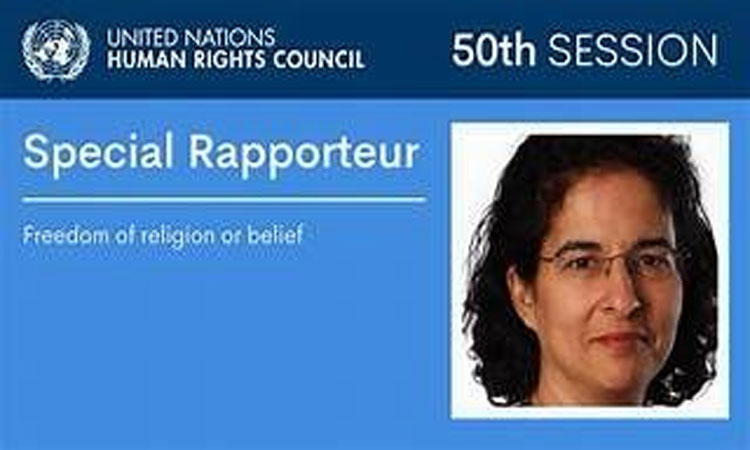
Professor Ghanea added that “The phrase “you have to keep breaking your heart until it opens” is often attributed to Rumi, the thirteenth-century Persian poet. So many religious and belief communities have suffered, and most continue to suffer, the heartbreak of oppression or persecution; we must open our hearts and recognize the shared experience of pain to end this cycle, transform our attitudes and make human rights a lived reality.”
India aims to frustrate a full examination of religious persecution in Kashmir by denying unfettered access to the electronic media, like CNN and international human rights organizations, like Amnesty International, Human Rights Watch, UN Thematic Special Rapporteurs. I would strongly urge Professor Nazila Ghanea, the United Nations Special Rapporteur on freedom of Religion or Belief to seek permission to make an on-site uncompromised investigation in Kashmir, not a staged visit monitored by agencies. A denial of free access by the Government of India would speak volumes about its persecutions.
It is well documented that the religious persecution and discrimination on the basis of faith in Kashmir are systematic, deliberate, and officially sanctioned. Far from seeking to rectify its atrocious human rights record, India has legalized its state-sponsored terrorism in Kashmir. It has given its occupation forces powers to shoot to kill and the license to abuse the Muslims of Kashmir in whatever ways they like in order to suppress the popular movement for basic human rights and human dignity.”
India is using brutal and inhumane techniques, including banning of Islamic schools, seizing the control of Muslim Auqaf Trust, and closing the places of worship at will. The ultimate objective is de-Islamization of Kashmir and to erase any Islamic semblance not only from the streets but also from the textbooks.
In this regard, it is noteworthy that Mirwaiz Umar Farooq, former Chairman, All Parties Hurriyat Conference, and the Imam (chief clerk) of Kashmir’s Central Mosque was allowed to deliver religious sermon after over a month’s house arrest. He said, “I am detained at will by the authorities, and worse, they publicly deny it. Despite their best efforts to suppress the truth, the fact of my detention cannot be hidden in this age of information. Mirwaiz emphasized that many Hurriyat leaders are in prison, but the movement’s objectives of representing the sentiments of the people and advocating for dialogue remain unchanged.
Mirwaiz highlighted that civic elections for governance are no means to resolve the Kashmir conflict. Election does not represent the people’s aspirations regarding the conflict. “Despite increased challenges, the resolve for peaceful resolution of Kashmir conflict remains stronger than ever. Generations of Kashmiris have been consumed by the uncertainty. We want an end to it, a fair closure,” Mirwaiz reiterated.
Mirwaiz further added that the silence of the people of Kashmir should not be misconceived. We all know if we speak during the day, the agencies will pick you up in the evening just for speaking the truth. He warned that the attempt to politicize this religious issue will not be accepted by the Muslims of Jammu and Kashmir.
I would submit that Kashmiris are unswervingly devoted to religious freedom, communal harmony, and pluralism. No religious custom is derided or scorned. Kashmiri culture celebrates diversity, and Kashmir has been the confluence of a rich mixture of philosophies and ways of life that merge without losing their distinct identities.
Despite some cultural divergences, Kashmiri Muslims and Pandits are tied harmoniously together by a common history, folklore, tragedies, habitat, seasons, soil, language, heritage, customs, and socio-economic interdependence. Their commonalities dwarf their differences and explains their remarkable record of fraternity and solidarity.
The time has come to shine a bright light on India’s unrelenting persecution of Muslims in Kashmir and of other religions throughout its territory. There is only one word that fairly describes a human rights campaign on behalf of religious freedom that blinks when a nuclear power is scrutinized: bankrupt.
The urgency of peace in South Asia stems both from the numbers of people affected (more than 1.4 billion) and the worrisome proliferation of nuclear and missile capabilities in the region. An early resolution of Kashmir conflict to the satisfaction of all parties concerned will guarantee peace, prosperity, and stability in South Asia.
Dr. Fai is also the Secretary General, World Kashmir Awareness Forum. He can be reached at:
WhatsApp: 1-202-607-6435. Or. gnfai2003@yahoo.com
www.kashmirawareness.org


